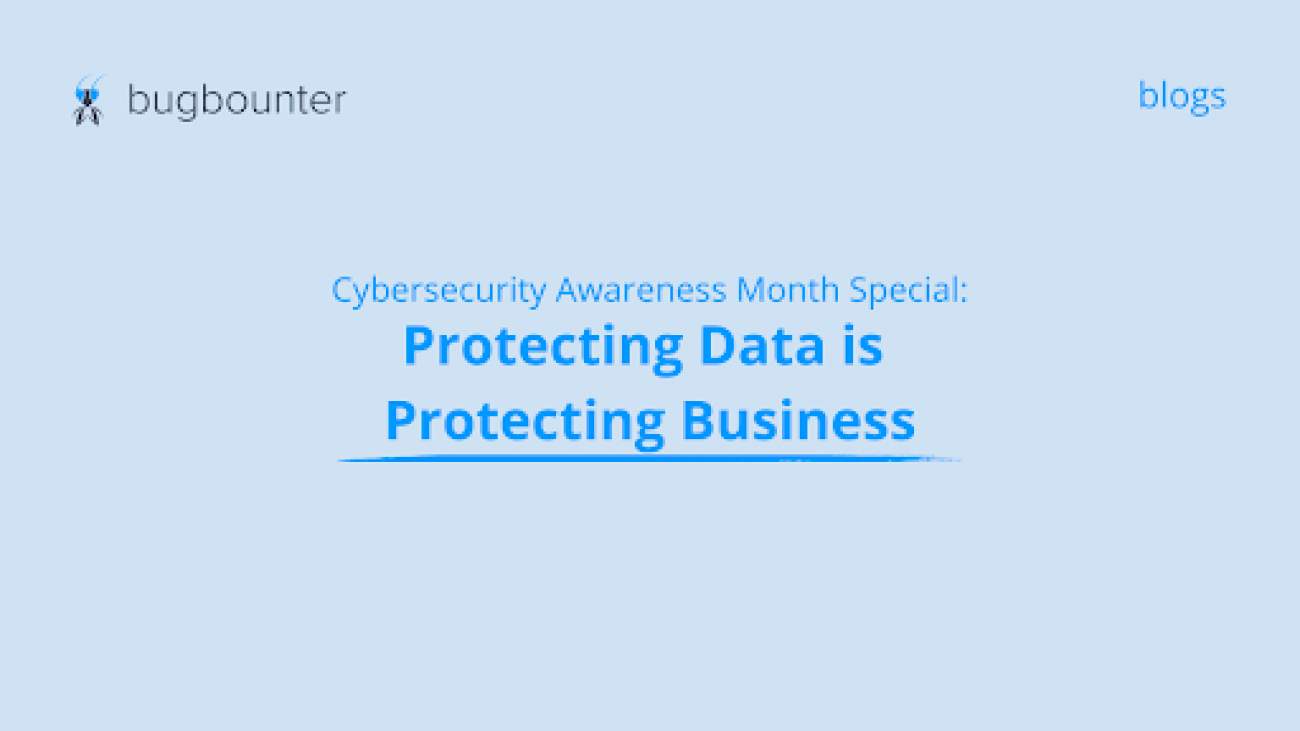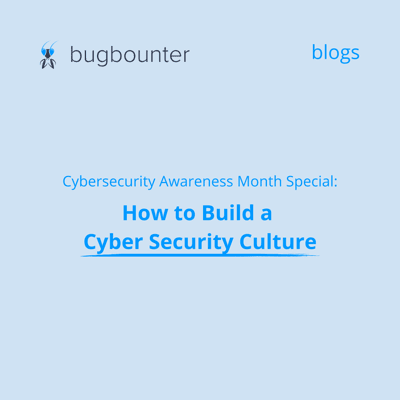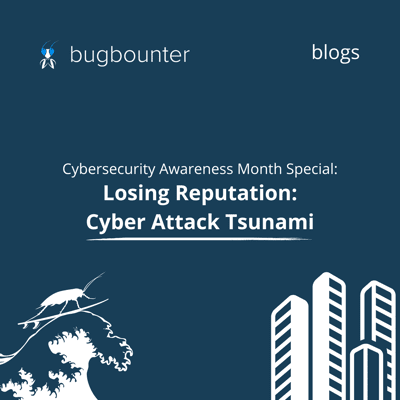“Protecting data is protecting business.” This sentence indicates that every company should take the necessary cybersecurity measures to protect the corporate and customer data which are crucial for safeguarding their business. This data includes details about the operational business, finances, products, and clients. Losing this data can lead to a loss of revenue, customers, and even market share.
With the startup community and businesses, expansion is at the forefront of priorities. Business data is also a critical indicator that decides the direction of the business and puts the insights into numbers. While data becomes the apple of the eye, data protection seems to be overlooked, ironically.
Read along to understand the critical aspects of data protection and how it makes a difference in business.
Data Protection: What Is It?
There is a massive flux of data across businesses at an unprecedented rate. This data system needs to be running at any given time. Maintenance or update should not cause downtime. Data protection is critical for ensuring data integrity, homogeneity and privacy for your business growth.
Data protection safeguards business digital data via stringent IT security measures, physically and logically, against malpractice and loss. It includes information that is saved on your servers as well as any device used for official purposes. Physical security measures are designed to protect against physical access to data, while logical security measures are designed to protect against unauthorized access to data. Common data protection measures include encryption, password protection, and firewalls. Data protection also includes data restoration in case of data loss or corrupt files.
What Kind of Data Needs Protection?
Data is one of an organization’s highly critical assets in the modern world. However, data can also be a liability if it falls into the wrong hands. Thus, organizations need to take adequate steps to protect their data. Here are five types of data that organizations need to protect:
Customer Data
Customer data is the information organizations collect about their customers, such as contact information, and purchase history.
Financial Data
Financial data includes information about an organization’s finances, such as income and expenses. This data is essential for making sound financial decisions and ensuring compliance with regulatory requirements.
Employee Data
Information on a company’s employees, such as contact details, employment experiences, and performance evaluations, is referred to as employee data. This data is vital for managing talent and facilitating adequate compensation.
Trade Secrets
Trade secrets enable an organization to stay ahead of the curve and acquire a higher market share. This data directly impacts the overall performance as well.
Intellectual Property
Intellectual property includes expert inventions like trademarks, patents, and copyrights. This data type is crucial for companies in industries such as technology and pharmaceuticals, where innovation is key to success.
Risks of Neglecting Cybersecurity
Business Intelligence and data analytics are the future of businesses and growth organizations. With BI software becoming mainstream tools for analyzing, the investment in data protection is also bound to grow. What starts with customer dissatisfaction and drop-off leads to several issues. A few of them are listed below:
- Data loss
- Operational downtime to address issues
- Financial losses compounded by customer drop-off
- Lack of credibility and mistrust
- Legal issues
What Are The Challenges in Protecting Data?
As technologies develop iteratively, the problems surrounding business data are becoming more and more complex; the way ahead is to understand where and then address these cyber threats one after another.
Growth of Data
With the amount of new data generated every second reaching 2 megabytes, organizations have to put stringent data protection practices in place. More than 5.9 billion user records were stolen in 2021, breaking the previous record. Cybersecurity measures should address the pace at which data is generated and analyzed.
Latest Advancements in Technology
AI and IoT have been the talk of the town for quite some time. With technology reaching every part of the world and households, devices like smartphones and audio-operated speakers are primary data creation sources. It puts the responsibility on the device vendors to release regular security updates and patches against vulnerabilities. With 2021 seeing more than 2 billion attacks on the ecosystems, all looking for private information on the users, the time to take action is now.
Consequences of Unprotected Data on Your Business
Malicious hackers understand that investment rates are directly proportional to the size of the business. A whopping 43% of breaches are in small and medium-sized businesses. That’s why data breaches are a make-or-break situation for several organizations. The following are the cyber security threats you would be putting your business in if you neglect cybersecurity investments:
Credibility Issues
The provider-customer relationship is a bond that takes a lot of time to develop because your clients choose you out of brand loyalty. When a data breach affects a big company, they have the resources to investigate and analyze where it originated from. That’s not the case with small and medium-sized businesses and with the business data they operate with.
Financial Issues
The market is flooded with cyber attackers waiting for the opportunity to capitalize. A report in 2021 stated that the data breach costs reached approximately 4.24 Million USD, with a year-on-year rise of 10%. With remote working being the new normal, the cost of data breaches has increased to $4.96 Million in a workplace based primarily on remote working.
Legal Action
A more prominent company can take on legal cases and issues, but the margin of error with a startup is less. As the company goes through a challenging period, the founder is responsible for the lack of structure and the breakdown. One such example is the Facebook-Cambridge data breach that made the share price drop by more than 100 Billion USD over the span and a lawsuit settlement of about USD 5 Billion.
With business growth and market share directly impacted by the data’s value, it is clear that protecting data is protecting businesses.
How Can BugBounter and Bug Bounty Help?
BugBounter helps you see the vulnerabilities in your system. With agile processes based on blockchain, our 24/7 available bug bounty platform operates cost-effectively. We provide bug bounty programs for companies that want to have an external team of cybersecurity experts identifying the chinks in their armor. Our platform of more than 2500 cybersecurity experts’ knowledge goes way beyond what is ordinary. Connect with BugBounter today to learn how we help.








